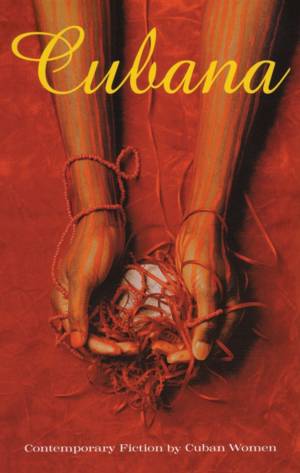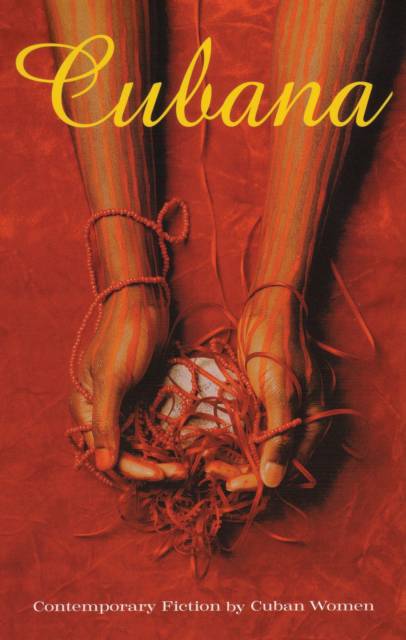
- Retrait gratuit dans votre magasin Club
- 7.000.000 titres dans notre catalogue
- Payer en toute sécurité
- Toujours un magasin près de chez vous
- Retrait gratuit dans votre magasin Club
- 7.000.0000 titres dans notre catalogue
- Payer en toute sécurité
- Toujours un magasin près de chez vous
Description
Until recently, the combination of a Cuban old boys' network and an ideological emphasis on "tough" writing kept fiction by Cuban women largely unknown and unread. Cubana, the U.S. version of a groundbreaking anthology of women's fiction published in Cuba in 1996, introduces these once-ignored writers to a new audience. Havana editor and author Mirta Yáñez has assembled an impressive group of sixteen stories that reveals the strength and variety of contemporary writing by Cuban women-and offers a glimpse inside Cuba during a time of both extreme economic difficulty and artistic renaissance. Many of these stories focus pointedly on economic and social conditions. Josefina de Diego's "Internal Monologue on a Corner in Havana" shows us the current crisis through the eyes and voice of a witty economist-turned-vendor who must sell her extra cigarettes. Others-Magaly Sánchez's erotic fantasy "Catalina in the Afternoons" and Mylene Fernández Pintado's psychologically deft "Anhedonia (A Story in Two Women)"-reveal a nascent Cuban feminism. The twelve-year-old narrator of Aida Bahr's "The Scent of Limes" tries to make sense of her grandparents' conservative values, her stepfather's disappearance, and her mother's fierce independence. The Cuban-American writer Achy Obejas recreates the strange dual identity of the immigrant, while avant-garde stories like the playful and savvy "The Urn and the Name (A Merry Tale)," written by Ena Lucía Portela, reveal the vitality of the experimental tradition in Cuba. And Rosa Ileana Boudet's "Potosí 11: Address Unknown" is both a romantic paean to a time of youth, passion, and revolution, and an attempt to reconcile that past with a diminished present.
Spécifications
Parties prenantes
- Auteur(s) :
- Editeur:
Contenu
- Nombre de pages :
- 240
- Langue:
- Anglais
Caractéristiques
- EAN:
- 9780807083376
- Date de parution :
- 01-05-98
- Format:
- Livre broché
- Format numérique:
- Trade paperback (VS)
- Dimensions :
- 140 mm x 215 mm
- Poids :
- 299 g

Les avis
Nous publions uniquement les avis qui respectent les conditions requises. Consultez nos conditions pour les avis.






